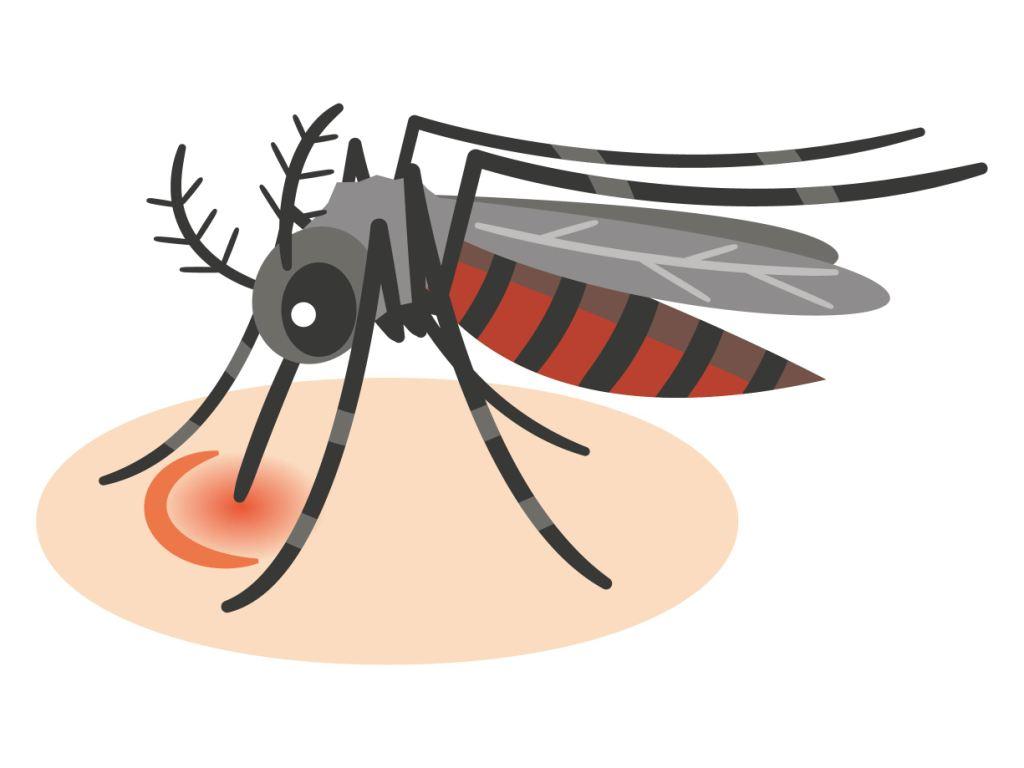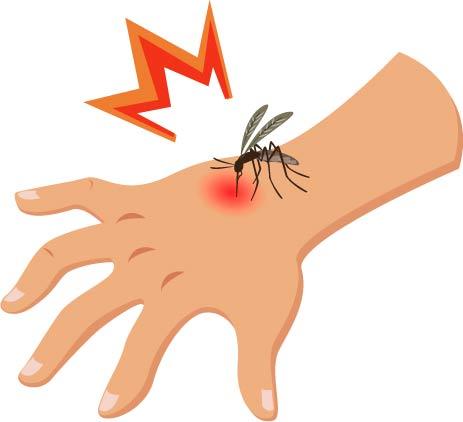HIV aka Human Immunodeficiency Virus is a virus that attacks the cells that are essential in helping our body to fight infections, making a person more vulnerable to other infections and diseases. It is spread by contact with blood or certain bodily fluids of a person with HIV, most commonly during unprotected sex (sex without a condom or HIV medicine to prevent or treat HIV), or through sharing injection drug equipment.
If left untreated, HIV can lead to Acquired Immunodeficiency Syndrome (AIDS). AIDS is the late stage of HIV infection that occurs when the body’s immune system is badly damaged due to this virus. The human body can’t get rid of HIV and there is currently no effective cure for HIV infection, so, once you have HIV, you have it for life.
Many of us are aware that HIV is not transmissible by mosquitoes, but have we ever wondered why? Mosquitoes are carriers for several infamous viruses, most notably malaria, yellow fever and dengue fever. In fact, mosquito-borne diseases kill more people annually than any other animal. Luckily for humans, the HIV virus is not carried or spread by mosquitoes. If this is the case, why can’t they spread HIV. There are several reasons that account for the inability of mosquitoes to transmit HIV.
 #1 Mosquitoes’ Blood-Sucking Mechanism
#1 Mosquitoes’ Blood-Sucking Mechanism
We should know that mosquitoes are not like hypodermic needles. The mosquito’s snout, the part that looks like a needle, is actually composed of six mouthparts. Four of these are used to pierce the skin that the mosquito is biting. The remaining two parts are composed of two tubes. One of the tubes sends saliva into the host and the other sends blood up to the mosquito. This two tube system is one reason why mosquitoes are unable to transmit HIV. Only saliva is injected into humans when a mosquito bites and thus HIV positive blood that a mosquito may have previously ingested is never transmitted to other humans.
 #2 The HIV virus gets digested in the mosquito’s gut
#2 The HIV virus gets digested in the mosquito’s gut
Unlike mosquito borne diseases, HIV is unable to replicate within the mosquito’s gut and therefore is broken down. In humans, HIV binds to T cells(immune cell) and begins replicating. No T cells exist inside the mosquito’s gut and so the virus has no way of replicating or migrating to the mosquito’s salivary glands. HIV particles are therefore digested by the mosquito alongside the actual blood meal. During the digestion process, the HIV particles are completely destroyed.
#3 HIV circulates at low levels in human blood
In order for mosquito-borne diseases to be spread from person to person, the associated virus needs to circulate within the host’s blood at sufficient levels. HIV circulates in human blood at a lower level than would be necessary to create a new infection. Hypothetically, if a mosquito were to inject HIV positive blood into a human, then it would take a whopping ten million mosquito bites to transmit one unit of HIV. By comparison, people who are HIV positive generally carry no more than 10 units of HIV. Accidentally swallowing a mosquito or squashing one cannot lead to HIV infection either. In these situations the mosquito once again carries an insufficient amount of HIV positive blood to cause a new infection.

Thankfully mosquitoes do not spread HIV but this does not mean that it’s not a health risk. It’s still important to protect our community by preventing mosquito breeding grounds.
Sources: PubMed, Centres of Disease Control











